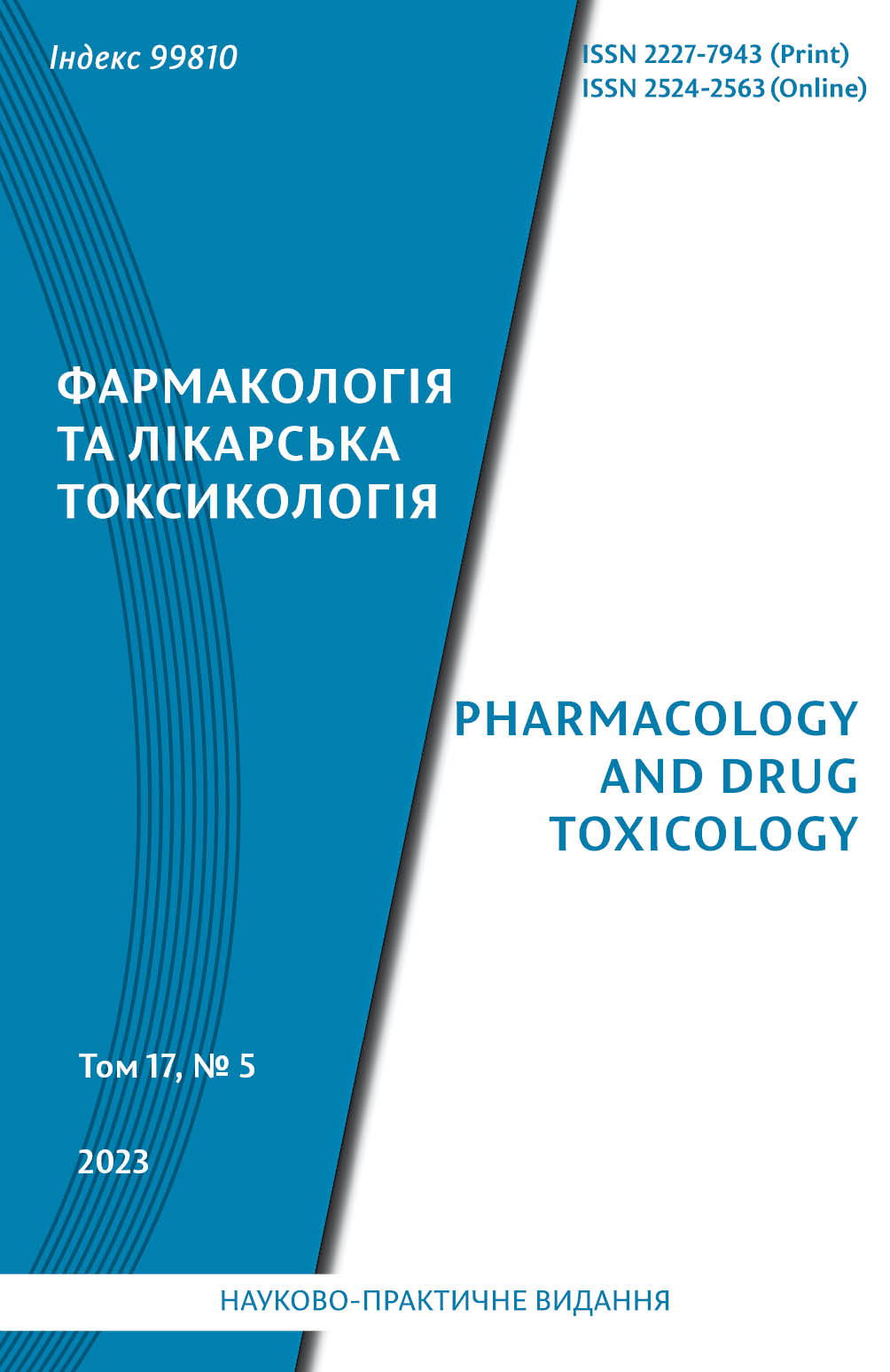Abstract
Today metabolic syndrome (MS) and low-grade chronic inflammation are increasingly understood as the basis of a number of pathological conditions. At the same time, the ability to influence the subchronic inflammatory process is a desirable predicted component of promising drugs used for the purpose of pharmacological correction of the MS.
The purpose of the study was to evaluate the anti-inflammatory properties of a complex pharmaceutical composition (CFC) (Aevit premium), for which an efficacy in MS has been previously established.
The study of the anti-inflammatory properties of CFC was carried out on two experimental models: under carrageenan paw edema in rats and MS in hamsters as a result of keeping animals on a cafe diet by assessing the effect of the CFC on the level of IL-1β and IL-6 in blood serum, as markers of low-grade inflammation.
Administration of exogenous phlogogen carrageenan to rats provoked the development of paw edema during all periods with a peak at 3 hours of pathology. The use of CFC against the background of carrageenan-induced inflammation contributed to the manifestation of anti-inflammatory activity of the investigated polypharmaceutical composition with a maximum at 60 min (56,98%, р < 0,05). MS modeling in hamsters, in which the activation of oxidative stress plays a leading role, contributed to the development of low-grade inflammation (increasing the content of IL-1β by 1.4 times (р < 0,05) and IL-6 by 1, 5 times (р < 0,05) in blood serum of control pathology animals compared to intact control hamsters. The ability of the CFC to suppress the development of low-grade inflammation was evidenced by a decrease in the content of interleukins: IL-1β by 28% (р < 0,05) and IL-6 by 19% (р < 0,05) in the blood serum of hamsters with experimental MS. The mechanism of the anti-inflammatory effect of the studied CFC is realized by antioxidant and membrane-protective activities of the polypharmaceutical complex.
Thus, the results obtained substantiate the expediency of CFC use in the complex pharmacological correction of the MS.
